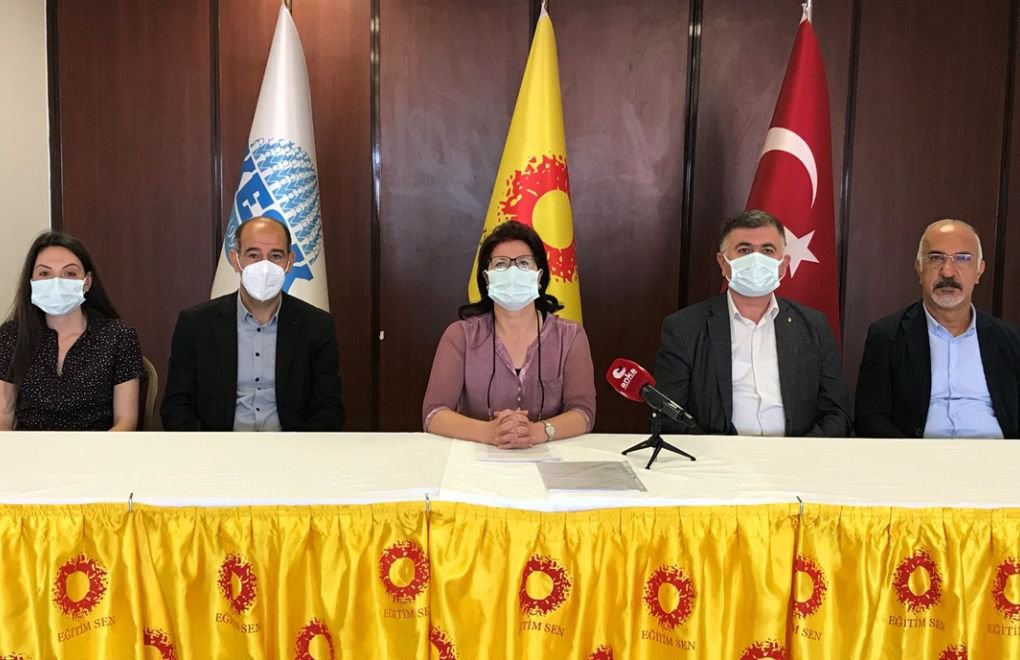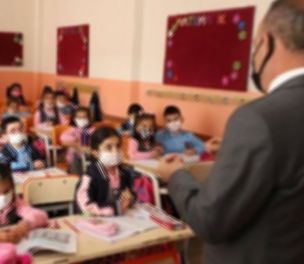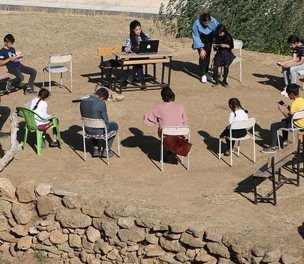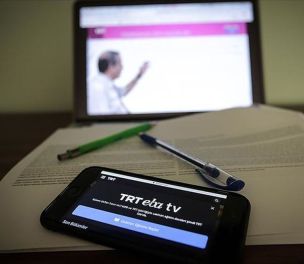Photo: Eğitim-Sen
Click to read the article in Turkish
Some four million students in Turkey have not been able to access distance education so far in this school year, according to a report by the Education and Science Workers' Union (Eğitim-Sen).
Out of about 18 million students registered in compulsory education, only 12.8 million actively used the EBA (Education Information Network), the report says, citing the Ministry of National Education.
"When the number of private schools students are deduced, we can easily estimate that nearly four million children and young people are neither in distance education nor in face-to-face education," it says.
In the early months of the pandemic last year, the number of children deprived of education was about six million, according to the union.
Turkey suspended schools in early March 2020, immediately after confirming the first coronavirus case. According to the latest OECD report, Turkey is among the top four countries that closed schools for the longest time in 2020.
Low attendance in online classes
Forty-four percent of the teachers interviewed by the union said the attendance rate in their classes was below 20 percent.
According to the teachers, current problems in distance education are;
• Students can't attend classes due to inadequate internet connection and not having the necessary devices.
• Students lack motivation for attending distance education.
• Students can't sufficiently learn in online classes.
• Students develop internet addiction.
• Students have problems due to a lack of physical activity because of staying home for too long.
More than half of the teachers are not vaccinated
Among the 3,743 teachers surveyed by the union, 56 percent have not yet been vaccinated, according to the report.
Fifteen percent of the teachers said they had received two vaccine doses and 29 percent said they had received one dose.
These figures were in line with a recent statement by the ministry that it aimed to vaccinate 40 percent of the teachers, the report notes.
The union says the ministry should make more effective efforts to return to in-person education and take measures to be able to introduce "emergency distance education" when needed.
Also, the students should be supported in terms of internet connections and devices and the four million children that don't attend distance education should be identified and provided with the necessary means, the union notes. (AS/VK)










